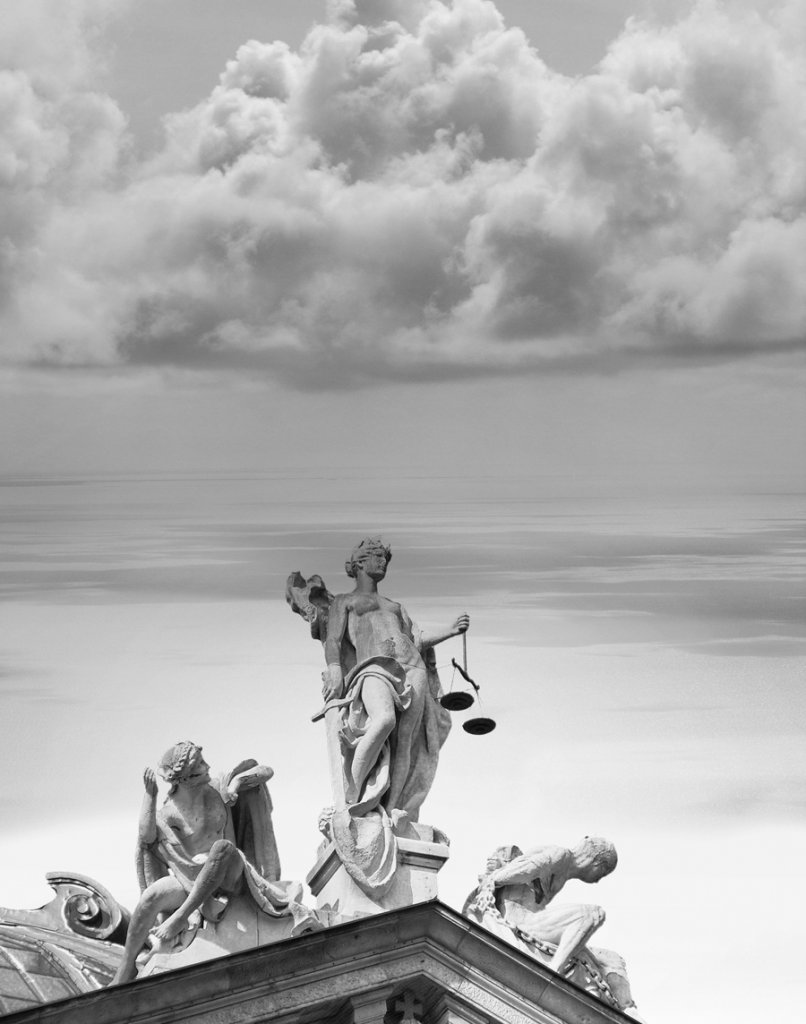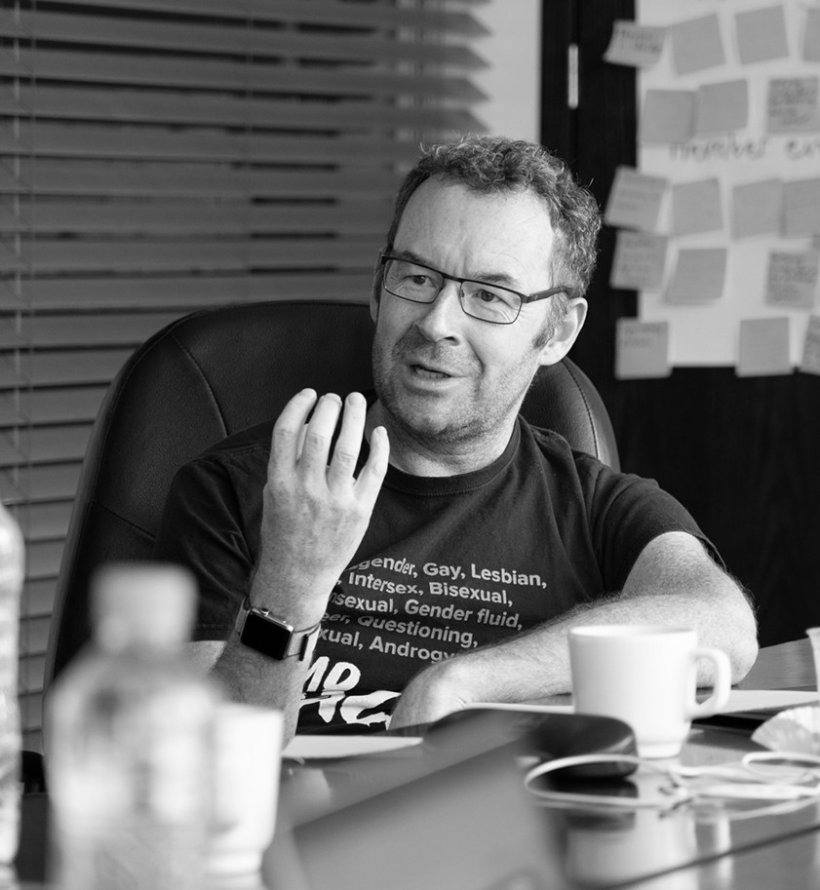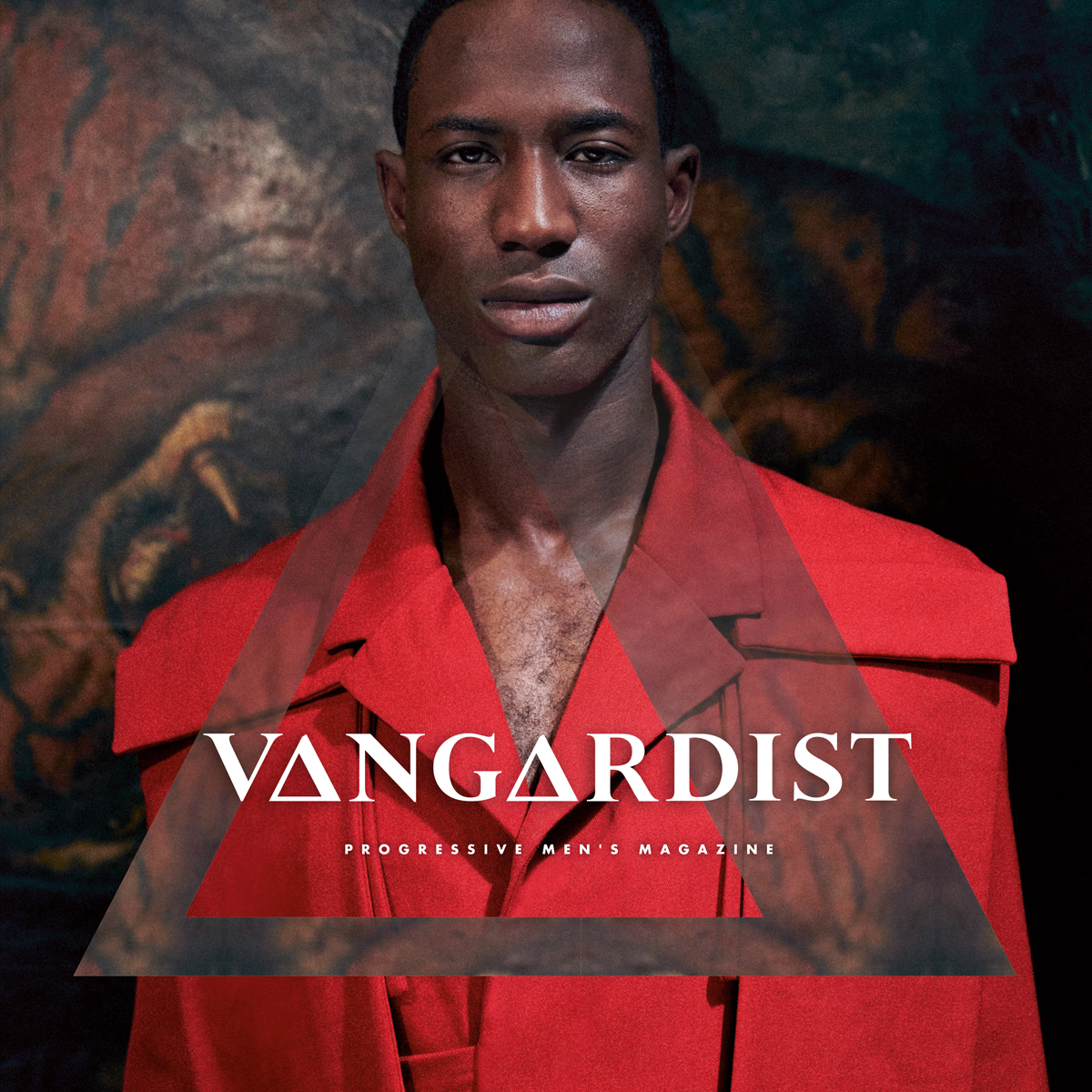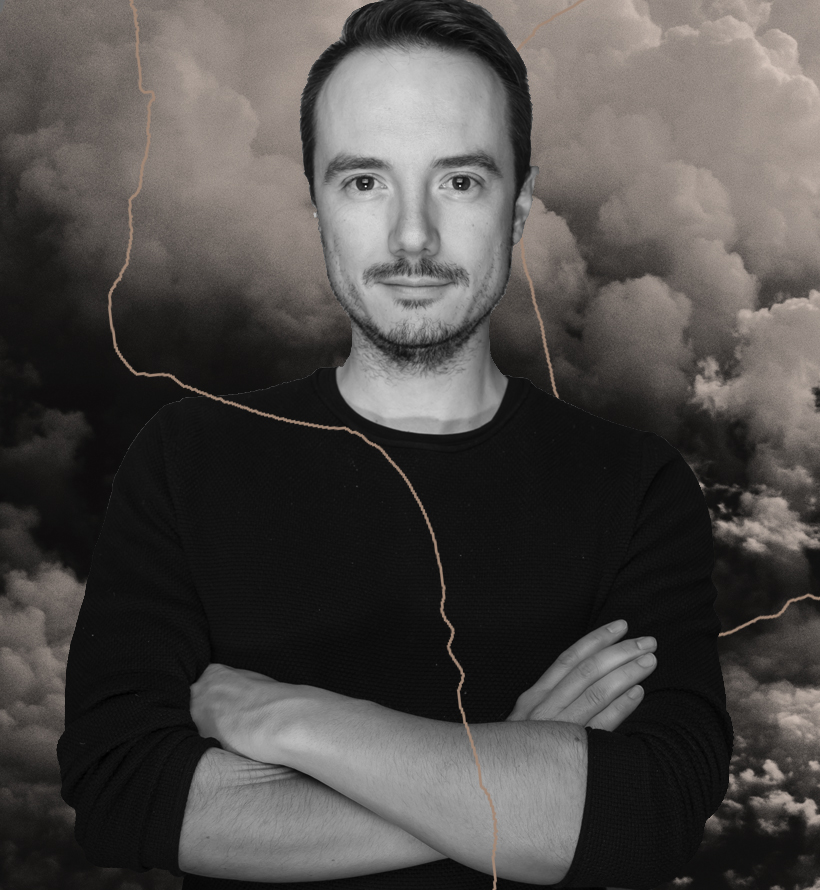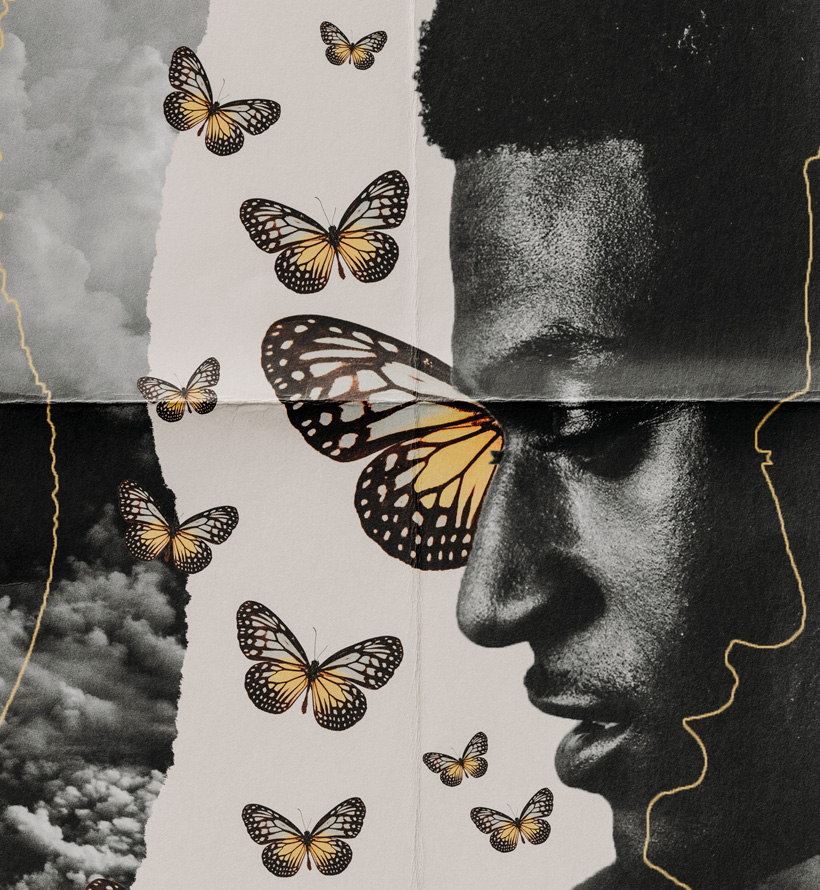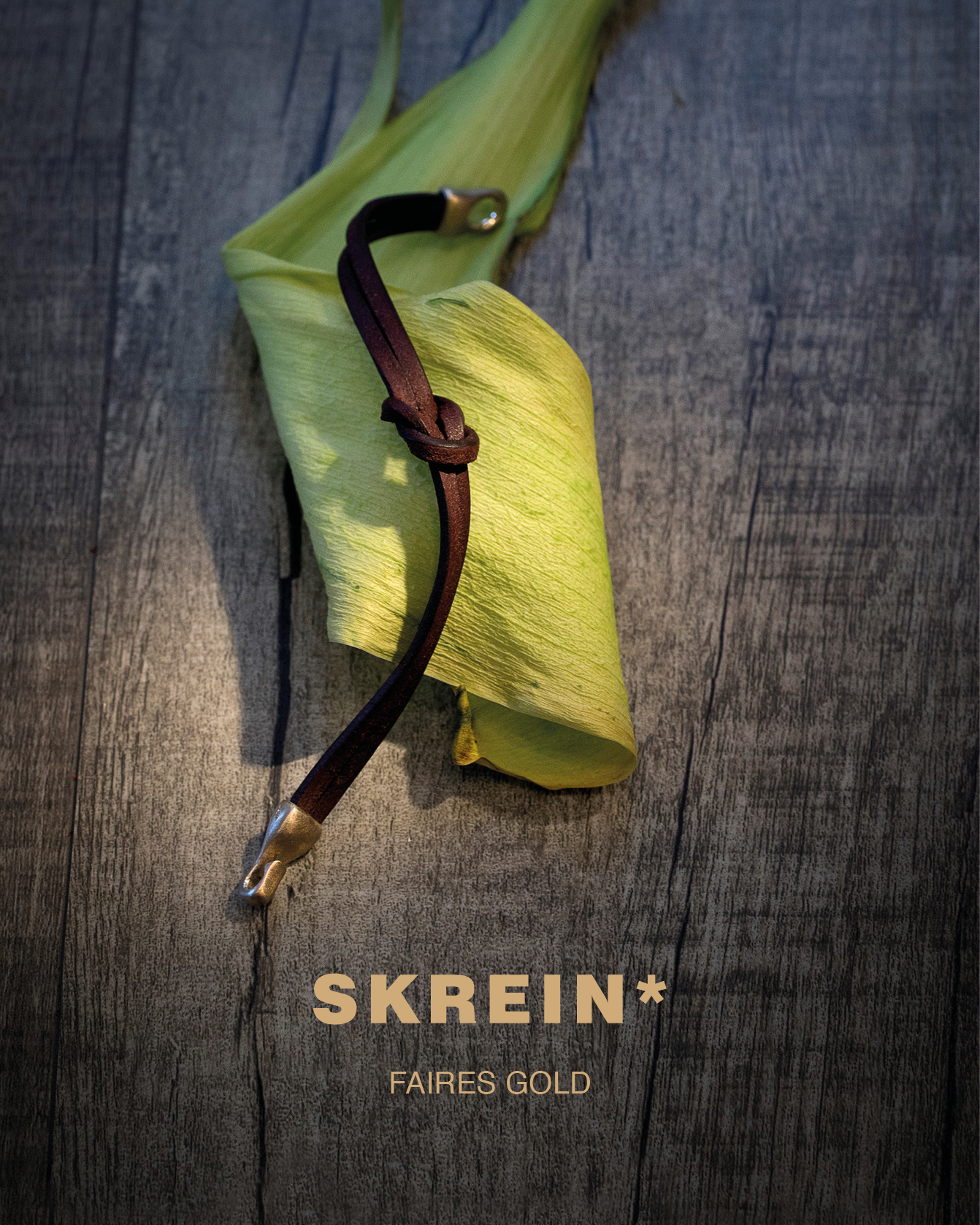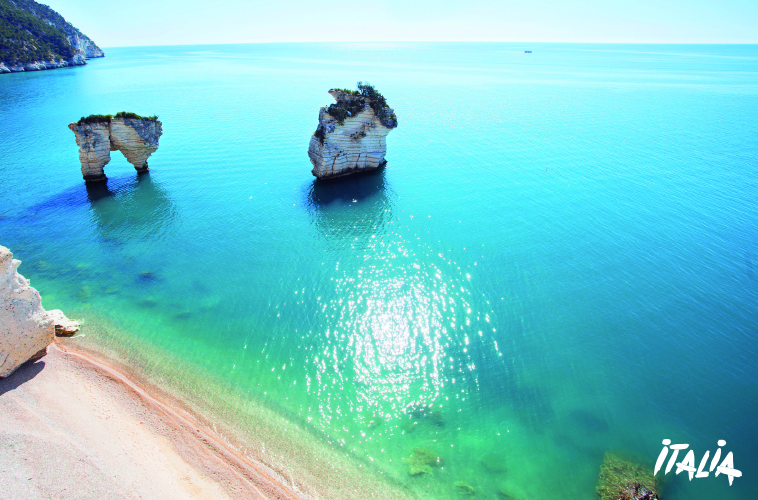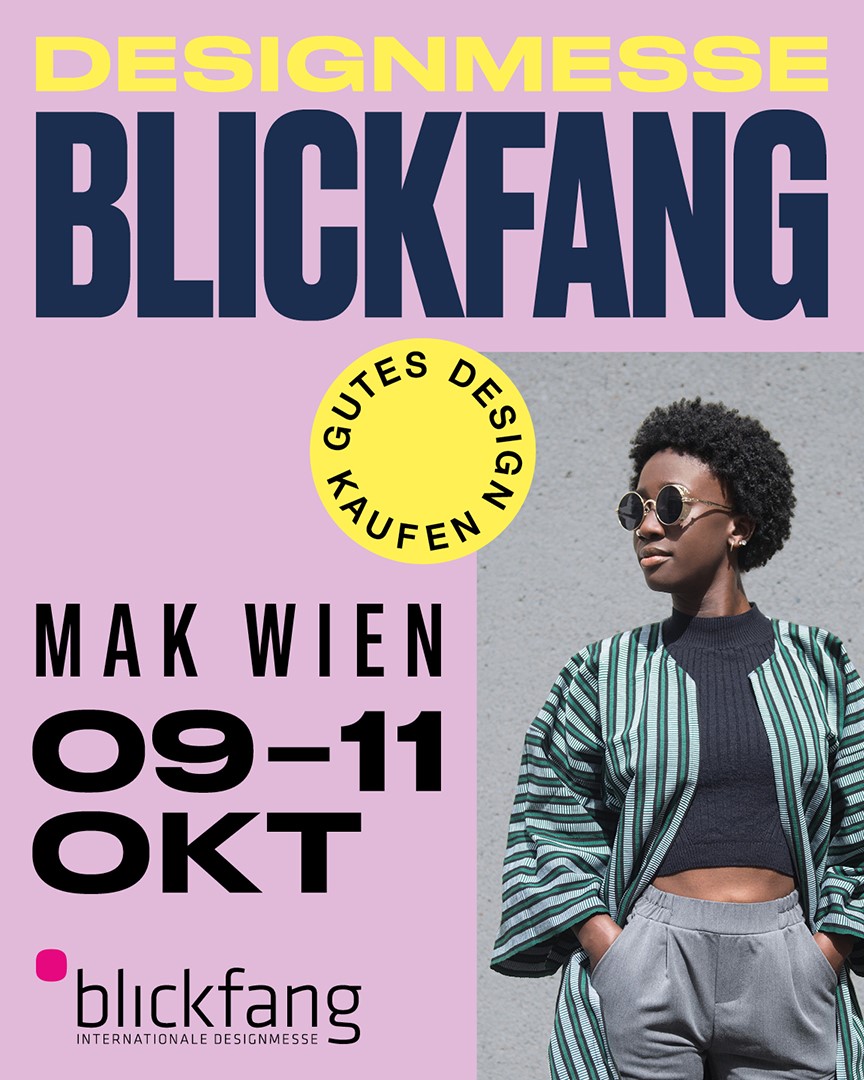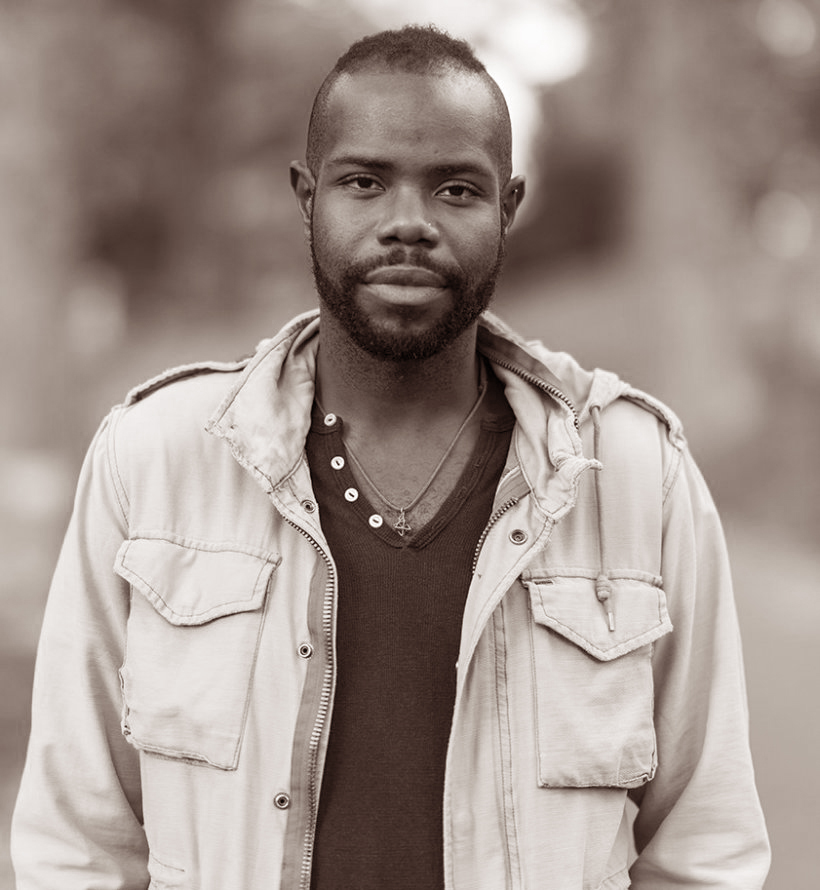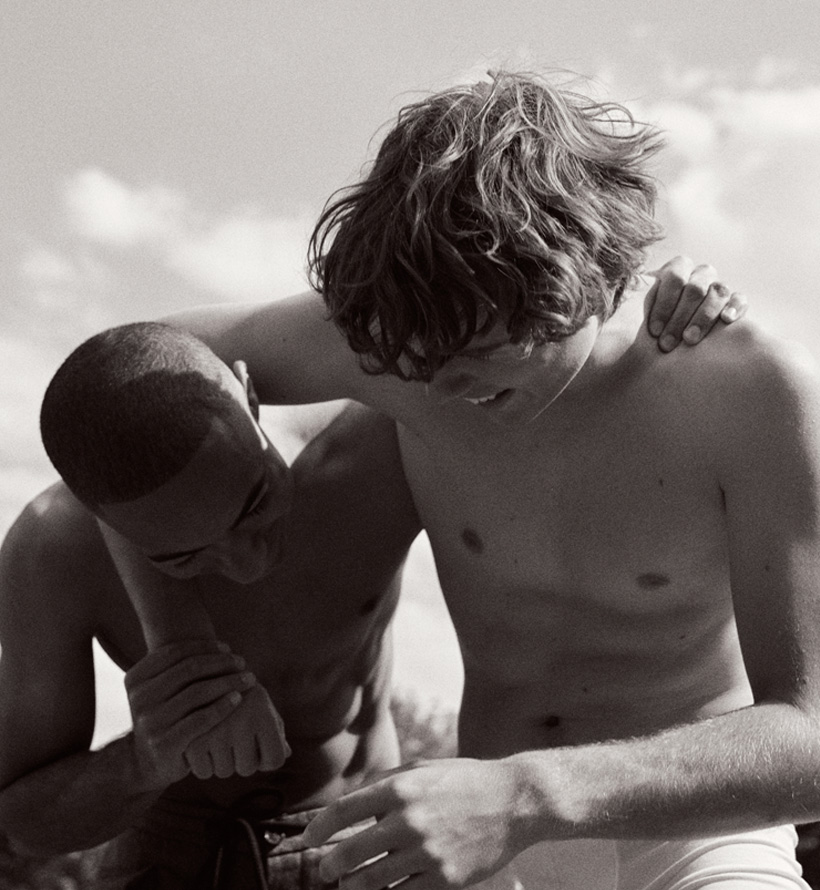Sogar im Jahr 2020 gibt es immer noch keine Gleichberechtigung für Mitglieder der LGBTQIA+-Community. In über 70 Ländern sind homosexuelle Beziehungen noch immer illegal, in zehn Ländern droht LGBTQIA+-Menschen sogar die Todesstrafe. Wir haben mit Matt Beard über seinen Kampf für Gleichberechtigung gesprochen. Als Executive Director von All Out setzt er sich bereits seit Jahren leidenschaftlich für LGBTQIA+-Rechte ein. All Out konzentriert sich auf internationale Zusammenarbeit: Fast 1.000.000 Unterstützer tragen den Regenbogen mit ihren Unterschriften und spenden Geld für LGBTQIA+-Projekte auf der ganzen Welt. Denn nur “ernsthaft globale Kampagnen resultieren in Arbeit, die wirklich einen Einfluss hat.”
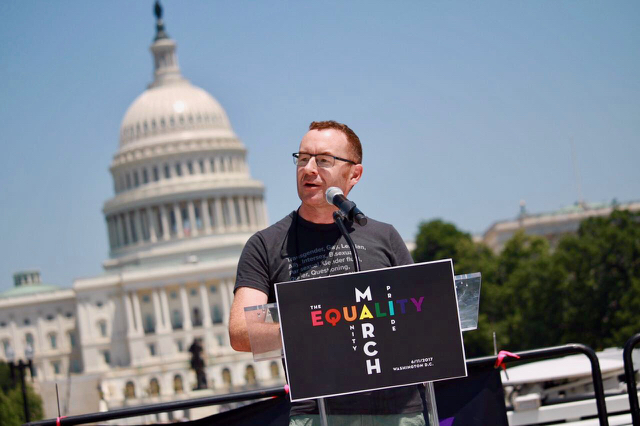
Since 2012, All Out has been campaigning worldwide for the rights of the LGBTQIA+ community. Some of your campaigns have reached more than 1,000,000 signatures, and the donations you’ve collected support LGBTQIA+ projects from the United Kingdom to Uganda, from Germany to Eswatini (formerly known as Swaziland). Please give a brief insight into the way you work.
First, we work with our global network of LGBTQIA+ grassroots partners to run campaigns. At moments of either opportunity or crisis, we raise the volume, mobilizing tens of thousands of voices in a common cause and through petitions, social media actions and real work protests.
The second thing we do is work with that same global network of frontline LGBTQIA+ organizations to run crowdfunding campaigns to support grassroots LGBTQIA+ projects around the world. We work with our partners to co-create the campaigns and then ask our hundreds of thousands of supporters to chip in. These are beautiful moments of solidarity. In some of our appeals, people from over 50 countries have contributed small amounts of money that come together to make a difference. We support shelters for homeless youth, Prides that are being organised in hostile environments, legal support for survivors of hate crimes and much more.
The third thing we do is training. There will be as many internet enabled devices in Africa as there are in Europe literally within a few years. We believe that the battle for LGBTQIA+ equality and dignity across the world will be won or lost on a small screen as well as in the courts and in the corridors of power. So we are working with groups of young LGBTQIA+ activists in Africa and Latin America to train them in all things digital. We bring multinational groups of young activists together who learn from us and each other how to campaign, fundraise online, claim a narrative and stay safe online.
You put your local partners in the driving seat. Are there projects in the past you are particularly proud of?
Our work with the Russian LGBTQIA+ network during the Chechnya crisis, for example. In 2017, news broke that men who were gay or perceived to be gay were being hunted down, taken to illegal detention centers, tortured and in some cases killed by Chechen state authorities. We worked with our Russian partners to raise enough money to enable dozens of people to be evacuated to safety, literally saving lives. In Brazil, we worked with a large range of local partners on a huge campaign to pressure the Supreme Court to pass a law to classify homophobia and transphobia as hate crimes. Over 800,000 people signed our petition and we collected over 600 heartbreaking stories of people’s own experiences of anit-LGBTQIA+ actions in Brazil. And we ran a crowdfunding campaign to support the first ever Pride in the tiny southern African country of Eswatini. It’s illegal to be gay in Eswatini and it’s the last absolute monarchy in Africa – perhaps not the place you would imagine would host one of the first peaceful, successful Prides in Africa (outside South Africa), but that’s what happened.
“There are so many incredibly brave LGBTQIA+ activists around the world.”
In many cases, your work does not meet with approval – colleagues of yours were even arrested – but you’ll be leaving the countries again soon. How do you continue to support your local partners who are exposed to oppression on a daily basis?
The bottom line is that in many of the countries we work in, campaigning for LGBTQIA+ rights is not risk-free. But as I have traveled to countries around the world to meet our partners, I sense an impatient, urgent hunger for justice. There are so many incredibly brave LGBTQIA+ activists around the world as we speak who are willing to risk their personal safety to achieve equality and dignity for the communities they serve. When something goes wrong, we are there for our partners.
Your daily work shows how important different perspectives are to you: You and your 13 colleagues don’t share an office, but are spread over several cities on three different continents. Why did you choose this particular form of organization?
Our small, global team enables us to avoid a single perspective on LGBTQIA+ rights and to bring different experiences and realities to our common “table”. We meet every day online for a short 30-minute briefing and use online tools and platforms in a smart way to stay connected throughout the day. I love working this way. I think it brings a richness to our campaign output, but it is also personally enriching to interact with a genuinely international team.
“Religious, political, cultural and technological norms all play a role in how campaigns should be designed.”
Different countries mean different experiences. To what extent can you benefit from your work in one country in another?
On the one hand, it is absolutely essential that our approach in each country we work in is tailored to the realities that exist there. Religious, political, cultural and technological norms all play a role in how campaigns should be designed. On the other hand, as the world globalizes, so does the fight for LGBTQIA+ human rights. There are increasingly common threads in a global culture war – should the future be one based on human rights, women’s rights, LGBTQIA+ rights, open borders or should the role of the nation, patriarchy, religion and tradition continue to dominate?
Your online campaigns are collecting signatures that will be handed over to governments. In countries like Poland and Hungary, with their national conservatives, you follow a different approach – they’re addressed to the Commission President, Ursula von der Leyen, instead. Why?
We decide on the targets of our campaigns based on an assessment of how likely we are to achieve the most impact. In other words, is the target “moveable”? Based on its demonization and scapegoating of LGBTQIA+ people, it’s highly unlikely that the ruling Law and Justice Party in Poland would be a viable target. The European Commission, on the other hand, has a formal role in ensuring that EU member states uphold their commitments to human rights. The Commission has already withheld some development funds from so-called “LGBT-free zones” in Poland and we believe that, if enough people pressure Ursula von der Leyen either directly or through the member states, we can persuade her to ramp up the pressure on the Polish Government which could in turn lead to a positive impact for Polish LGBTQIA+ people.
“When we bring these millions together, we see the promise of a better world.”
Is it up to civil society to stand up for human rights and freedoms if politics fail to do so?
Yes, absolutely. When asked this question, I always think of the Margaret Mead quote, “Never doubt that a small group of thoughtful committed citizens can change the world; it’s the only thing that ever has.” I am an optimist. Even in these seemingly dark times, I’m convinced that there are millions and millions of people in every corner of the world who are committed to fairness, equality and justice. When we bring these millions together, we see the promise of a better world.
In Europe, too, the LGBTQIA+ community has to increasingly defend itself against attacks. One example of this is in Poland, where about one third of all communities are declared “LGBT-free zones” by the national conservative government. According to your experience: How can we best help our European brothers and sisters?
To “bake the cake” of positive human rights changes in Poland and elsewhere, we need a few different ingredients. We need international pressure from ordinary people, we need media attention, we need high level advocacy, we need resources, we need organizations on the ground who are strong and vibrant. Only by bringing these elements together can we achieve an impact.
“I believe in people power.”
Matt, you have this hands on mentality: In your professional life you have worked for several NGOs, including over ten years for Amnesty International. What makes All Out so special to you?
For me, All Out brings two things together that mean a lot to me. First, as a gay man, I am passionate about the cause. We are on the right side of history. I’m determined and optimistic that the day will come when this long and bumpy journey to equality is finally over. Second, I love the All Out model. I believe in people power and get a buzz from helping to provide the platforms that enable ordinary people from Berlin to Bangkok to Bulawayo to participate.
